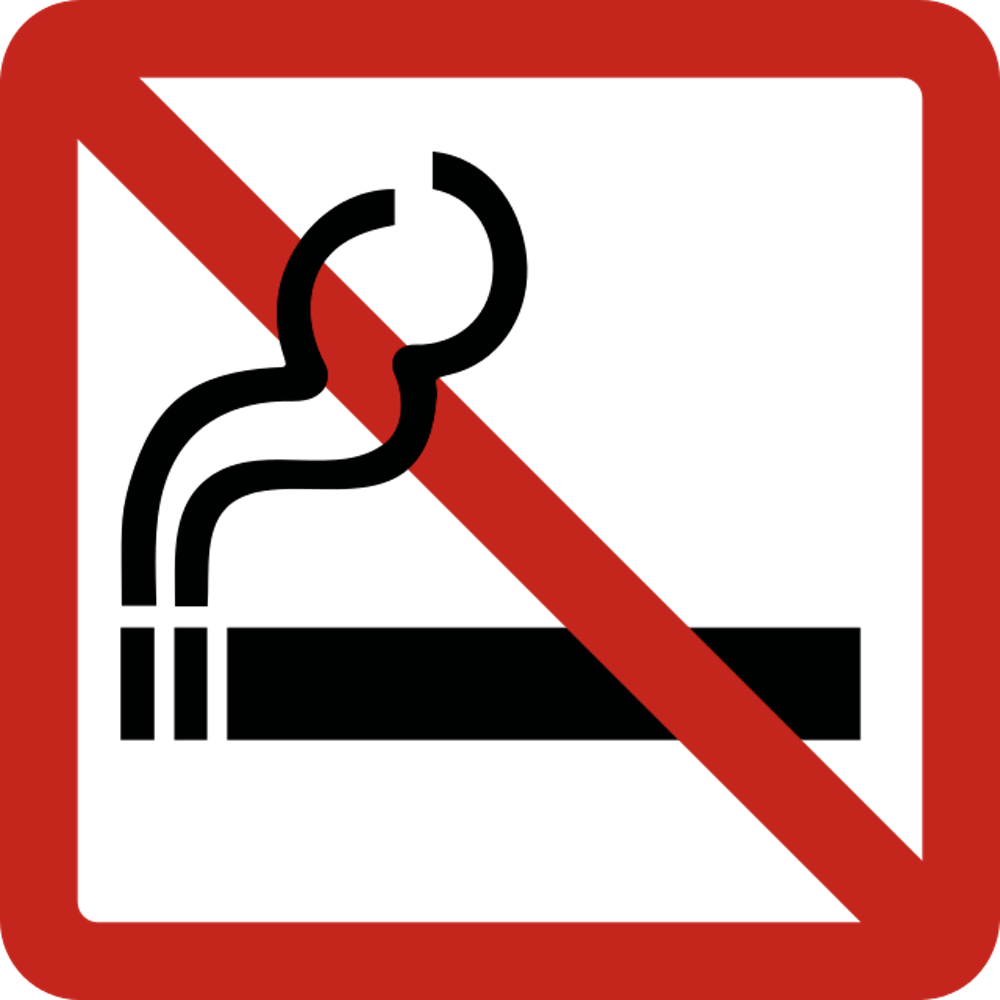The COVID-19 pandemic has taught us — and continues to teach us — many valuable lessons about public health. Such lessons range from a wider understanding of how viruses spread, how to protect yourself and others from respiratory illness and even learning to value health over profit. The University has committed itself to halting the spread on Grounds through a number of policies, including quarantine and isolation, prevalence testing and the implementation of safety measures such as hand sanitizer stations. Despite this mostly positive response to helping stop the spread of this public health crisis, the University has not done nearly enough when it comes to the decades old public health crisis of smoking. According to the American Nonsmokers’ Rights Foundation, six Virginia universities have smoke-free campuses. However, the University remains ambiguous and has not committed to becoming a smoke-free campus.
The University, in recent years, has dedicated itself to reducing smoking on Grounds. Its current policies prohibit the use of tobacco products in the Medical Center’s buildings, parking lots and garages. Additionally, smoking is not permitted within 25 feet of entryways or areas where smoking can enter into any University buildings. These current policies appear strict, but enforcements are lacking, as are the incentives to help workers quit smoking. Further, the University has not updated or addressed its tobacco usage and smoking policies since 2019. In that same year, the University committed to developing a “new comprehensive policy” on smoking that essentially diverted responsibility of mitigating smoking on Grounds to students, faculty and staff. Those students and faculty would “establish a tobacco free workgroup to review existing policies.” While personal initiative is a noble task, it dismisses sufferers of nicotine addiction and places the collective good in danger.
The University is not completely at fault for dragging its feet. Virginia has its own sordid past that helped fuel the smoking epidemic, from its historical status as a tobacco cash crop state to its partnerships with tobacco companies. Richmond specifically is home to the largest Marlboro cigarette manufacturing plant, which manufactures half of the cigarettes sold in the United States. Philip Morris, owner of Marlboro, has been operating in Virginia since 1929. More recently, Altria, owner of Philip Morris, moved its headquarters from New York City to Richmond in 2003. Further, Virginia has made little progress in tobacco control. The American Lung Association gives Virginia a grade of F in many important areas of tobacco control, including tobacco prevention, smoke-free air and tobacco taxes.
While the University acknowledges “Virginia lags behind other states in adopting tobacco policies,” it is just as complicit in the epidemic. The Commonwealth is able to work with universities to create smoke-free facilities and policies, but it is ultimately on the University to put in the work of prevention and intervention.
Virginia has a responsibility to the citizens it has made reliant on the substance, and the University must commit to curb smoking. Despite great inequities in smoke-free laws, the number of smoke-free locations are increasing nationwide. However, colleges and universities continue to lag behind, with less than 17 percent confirmed to be smoke-free. The American Cancer Society states that 99 percent of adults who start smoking do so before the age of 26. This means that the University has the ability to curb this dangerous trend while many students remain in their most critical and susceptible years. The University can begin by enforcing existing smoking policies, expanding and incentivizing smoking cessation programs for students and faculty and eliminating existing exemptions to the current tobacco policies. Virginia also needs to commit to stricter tobacco legislation. This includes raising the current cigarette tax of 60 cents to at least $1 higher per pack and increasing funding for cessation services under Virginia Medicaid.
Six million people across the globe die every year from preventable tobacco-related illnesses. The COVID-19 pandemic is teaching us to protect our respiratory health — a lesson that years of smoking research should have taught us. In reducing future health complications — including the risk of severe COVID-19 infection — prevention of factors that could increase the severity of infection are key. There is no safe amount of smoke inhalation, and it is hard to walk around Grounds without seeing at least one person smoking. The University should do its part by working to reduce first and second hand smoke exposure and establishing a smoke-free Grounds.
Yssis Cano-Santiago is an Opinion Columnist for The Cavalier Daily. She can be reached at opinion@cavalierdaily.com.
The opinions expressed in this column are not necessarily those of The Cavalier Daily. Columns represent the views of the authors alone.







